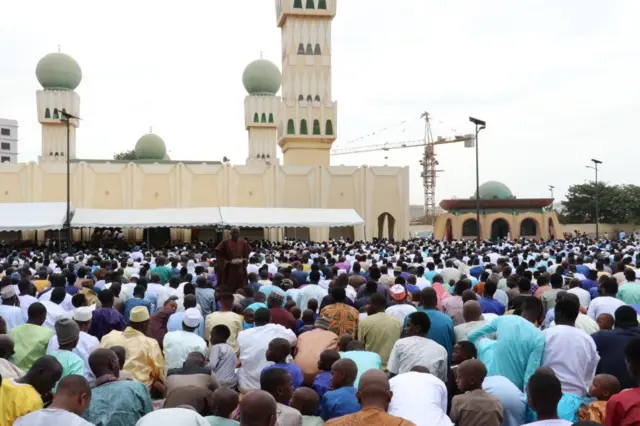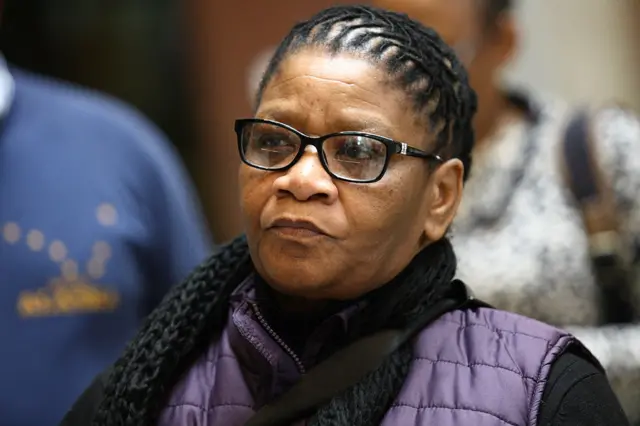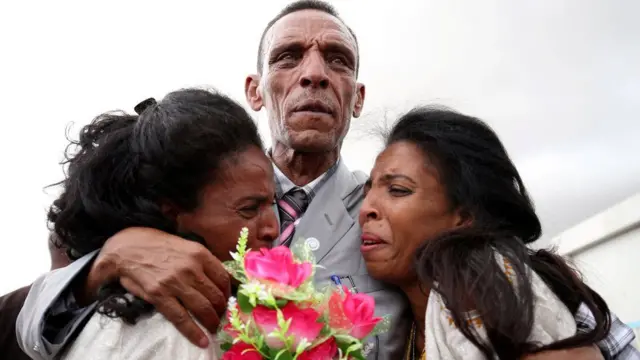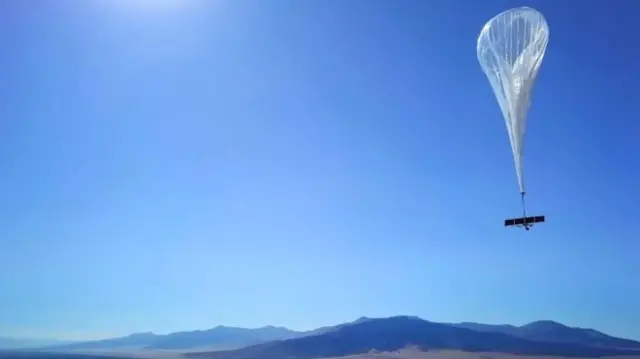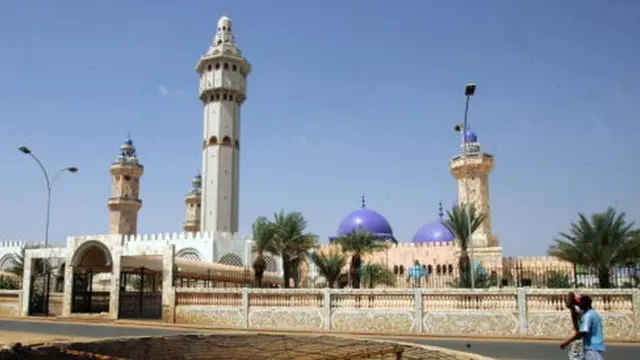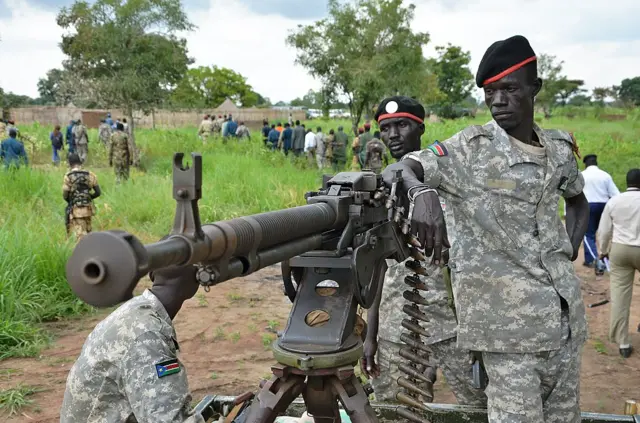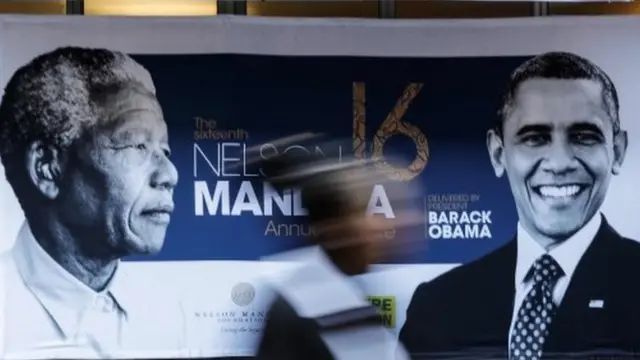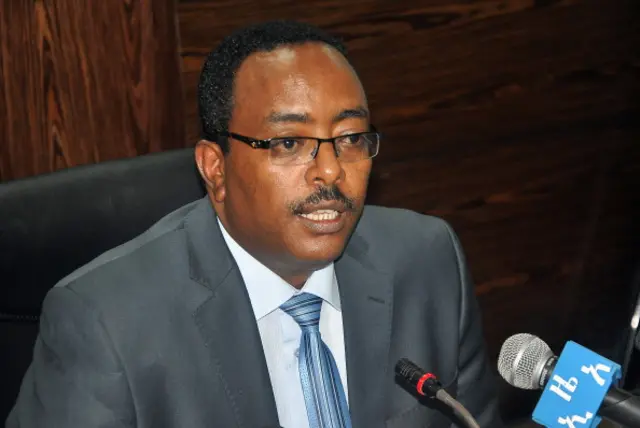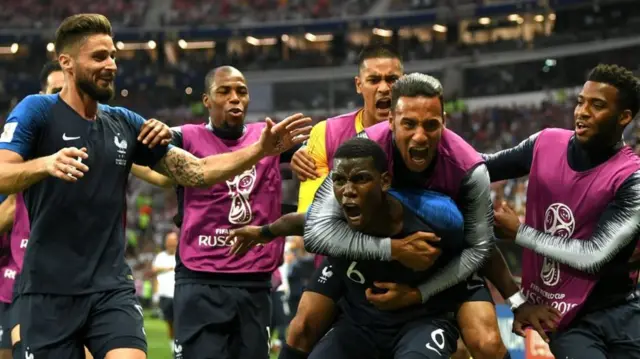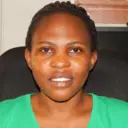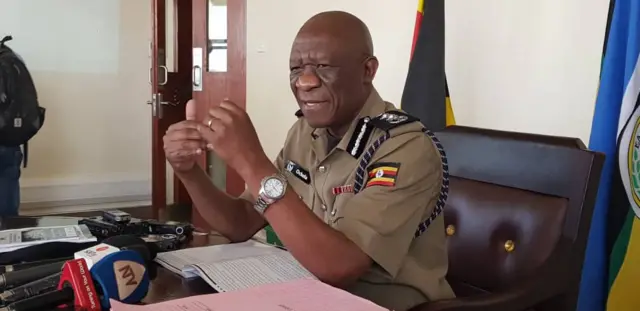The national debate over French identitypublished at 17:28 BST 19 July 2018
Lucy Williamson
BBC's Paris Correspondent
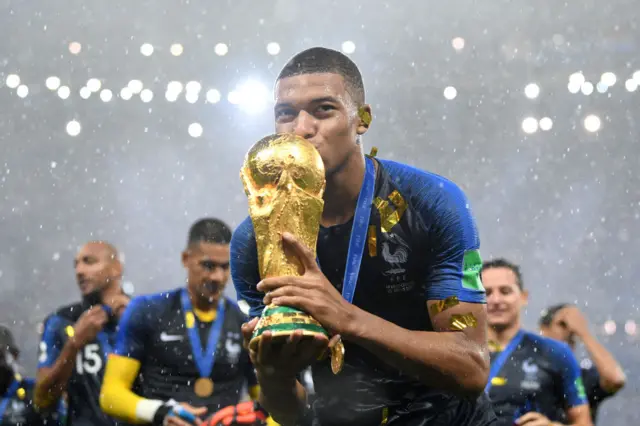 Image source, Getty
Image source, GettyFrance's last World Cup win in 1998 triggered a national debate over French identity, after the slogan Black-Blanc-Beur (Black, White, Arab) was coined to describe the multi-ethnic team.
It was a striking development, because discussing race or religion is officially considered irrelevant to French identity - even frowned upon.
The French state collects no data on the ethnic origins of its citizens; a way of underlining the principle that all are equal, and equally French.
The reality is somewhat less "colour-blind", though, according to many of those who come from immigrant backgrounds, and especially from France's former colonies in Africa. They say many areas of French life - such as getting a job - are more difficult with an immigrant name or a non-white face.
France's colonial past has left uncomfortable divisions here; divisions which have been exacerbated by city planning around its major cities, and - some would say - a Republican ideal that is often seen as rooted in France's white Christian history. The recent debate around the place of Islam has highlighted these tensions again.
The national squad is still a rare symbol of multicultural France, but 20 years on from their last World Cup win, the image of a team from many different backgrounds has triggered less focus on French identity here and more wry comment on the country's current stance on immigration.
